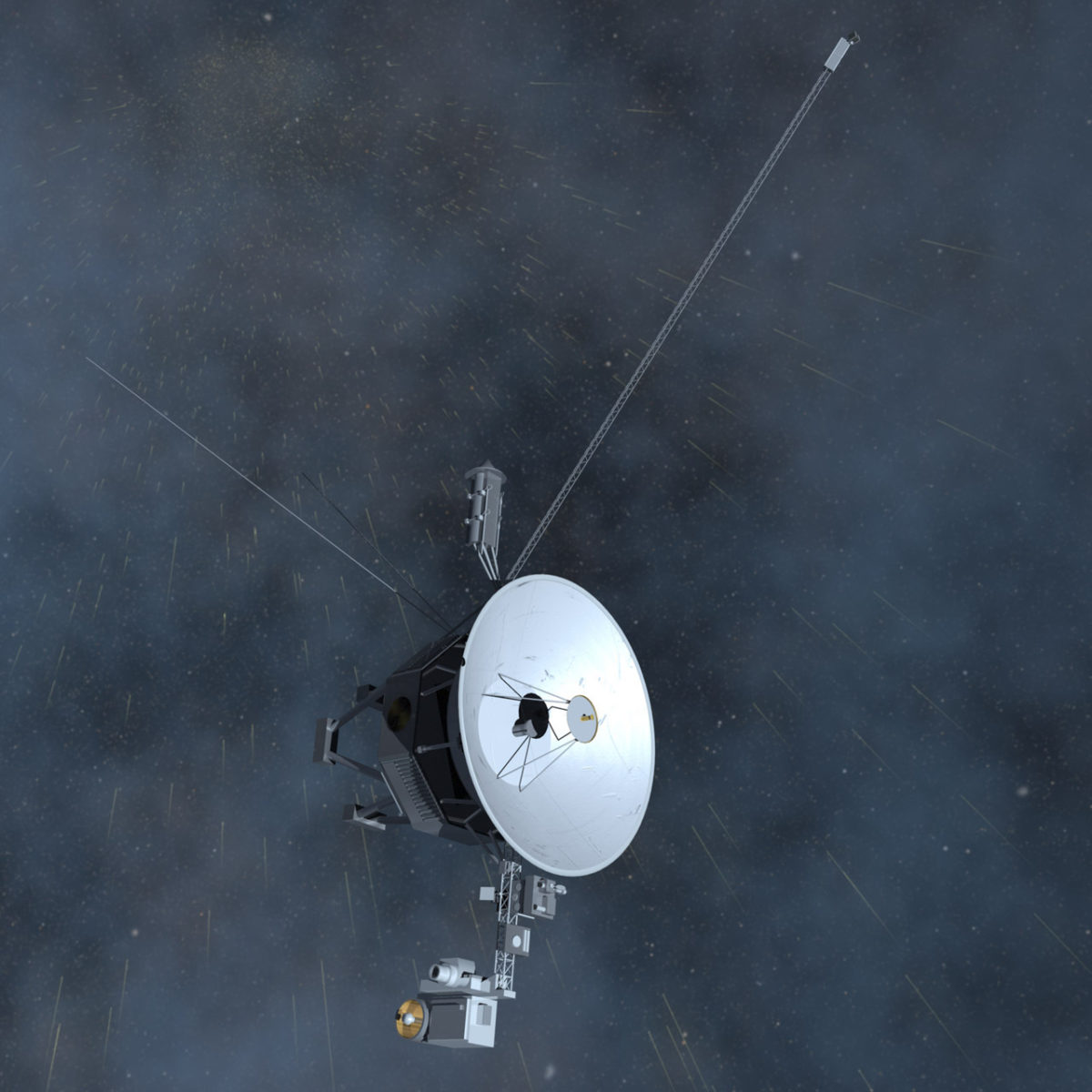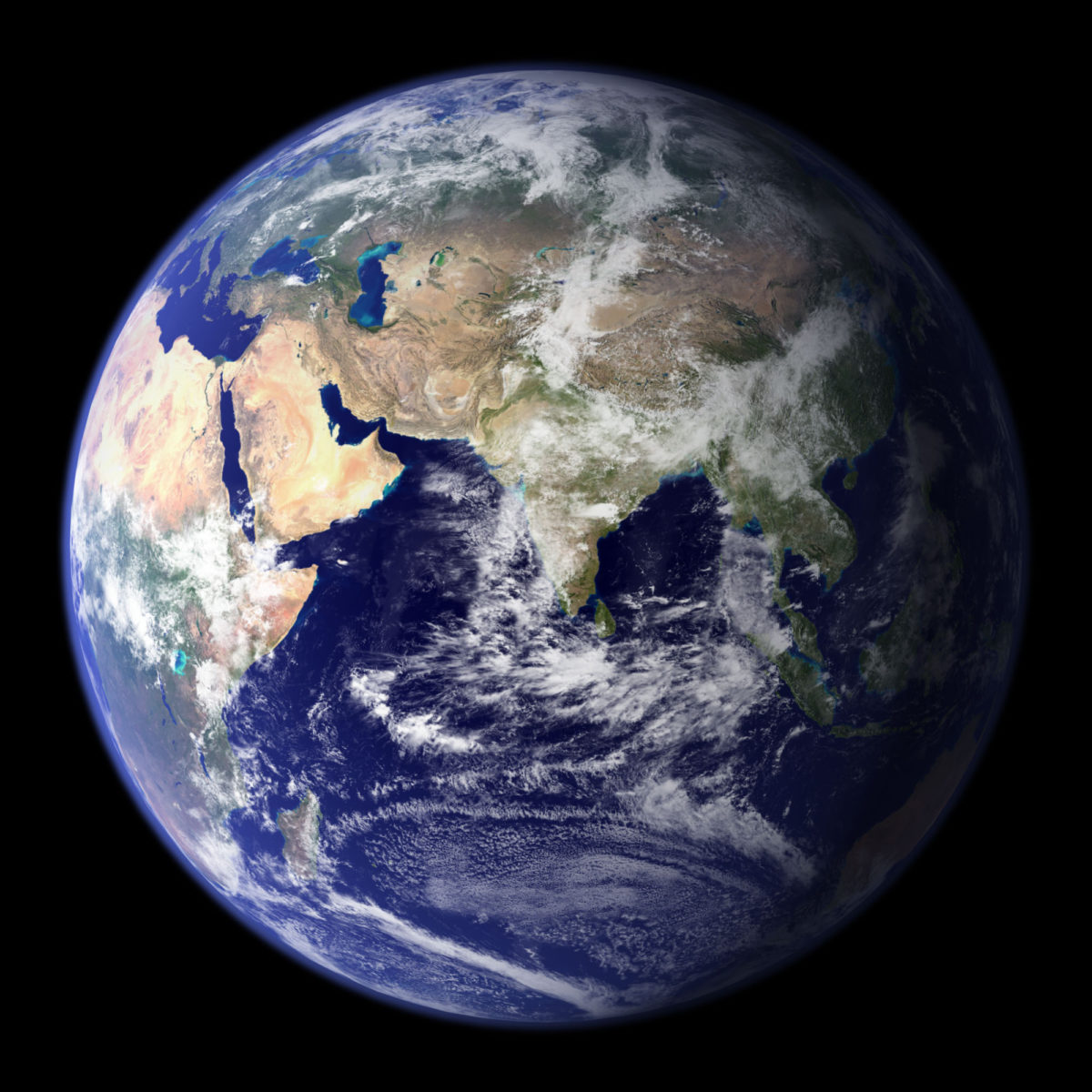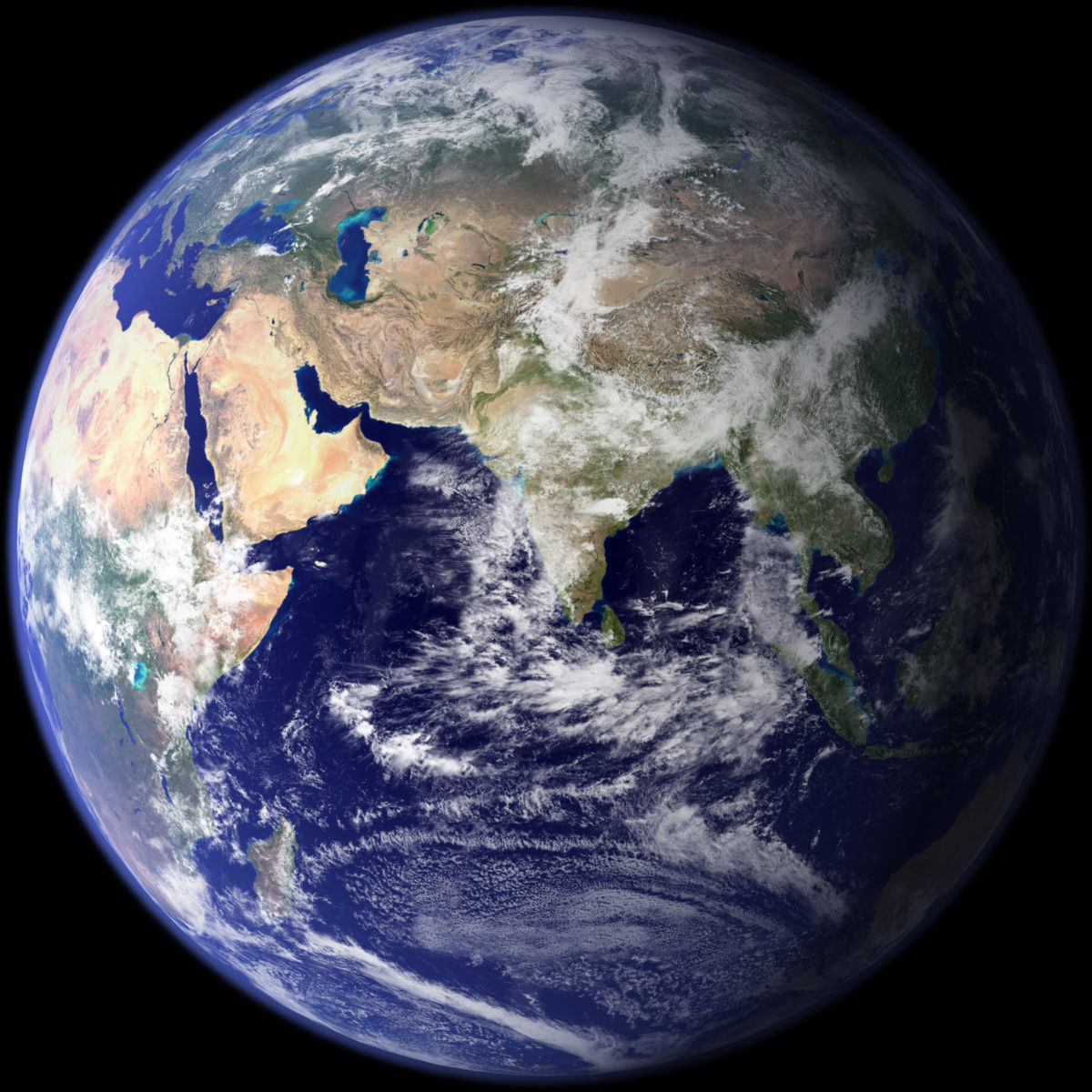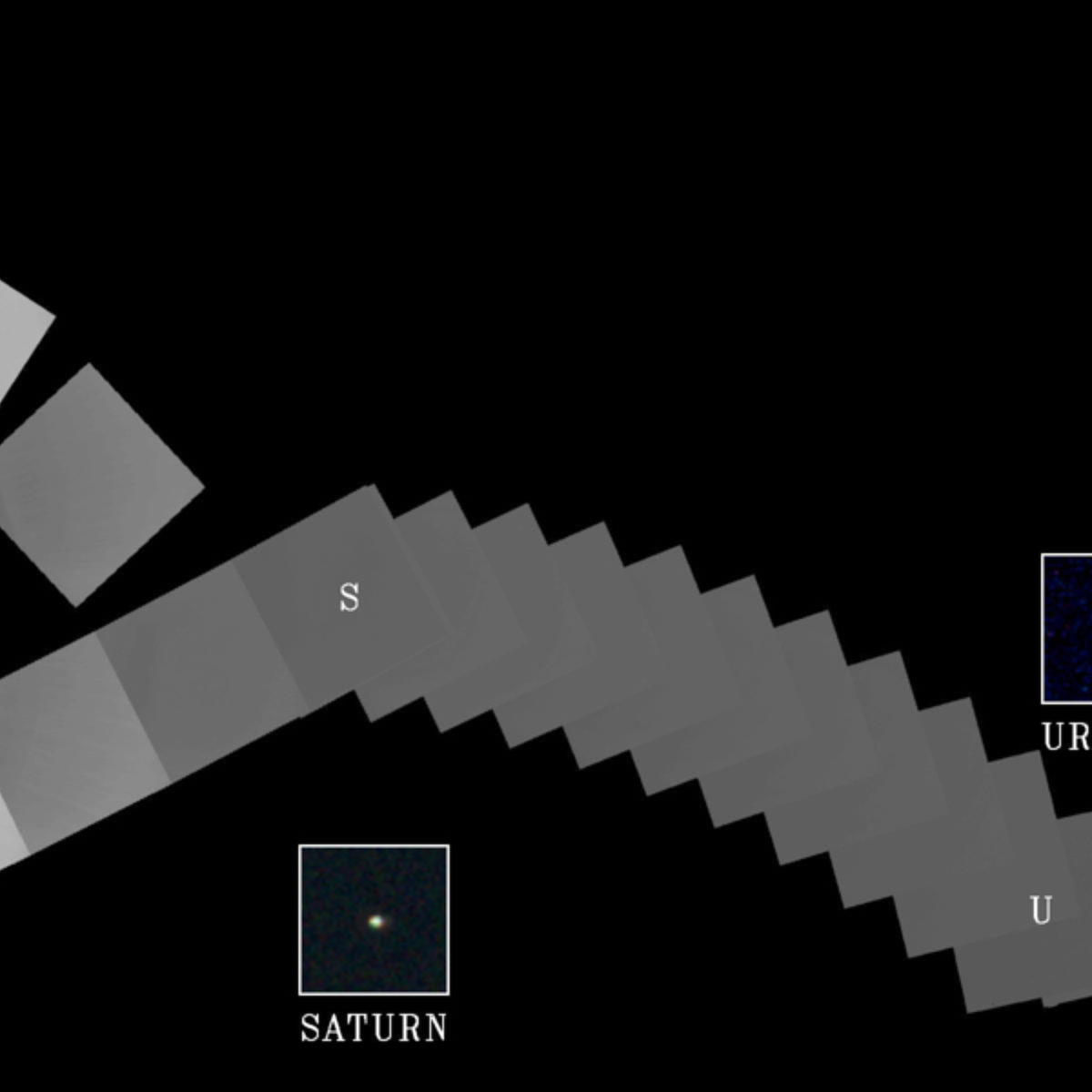All
All
Stories, updates, insights, and original analysis from The Planetary Society.
Twenty years since Voyager's last view
On Sunday comes the twentieth anniversary of an iconic image from the Voyager mission: the
Copenhagen Needs More Space, Part 2 The Orbiting Carbon Observatory Must Fly Again
In our continuing saga of the Orbiting Carbon Observatory (OCO), the scene now switches from Copenhagen to Washington, D.C.
Copenhagen Needs More Space - Space Science Has Critical Role to Play in Climate Science
Climate change and Copenhagen are dominating the world news this week, as politicians, diplomats, scientists, and protesters gathered in the Danish city for the 2009 meeting for the U.N. Framework Convention on Climate Change.
Einstein still rules
News from 7.2 billion light years away demonstrates that some things in this shifting universe are relatively reliable.
Are we doing enough to detect and track asteroids?
Are we doing enough to detect and track asteroids?
Orbiting Carbon Observatory Mishap Report Released
Orbiting Carbon Observatory Mishap Report Released
Space Politics Alert: U.S. Human Space Flight Plans Committee
Space Politics Alert: U.S. Human Space Flight Plans Committee
Star Trek designer Mike Okuda will be honored by NASA
Star Trek designer Mike Okuda will be honored by NASA
2007 Cosmos Award Honoree Paula Apsel
The 2007 Cosmos Award for Outstanding Public Presentation of Science was presented to Paula Apsel, the Senior Executive Producer of the Emmy Award-winning series NOVA and NOVA scienceNOW, and Director of the WGBH Science Unit at WGBH Boston.
Searching for E.T. and the Cure for Cancer:The Planetary Society Helps Trigger a Computing Revolution
Planetary Society members truly have helped pioneer new techniques in the conduct of science. Our initial investment has returned amazing results that will continue to deliver benefits over years to come.
2005 Cosmos Award Honoree James Cameron
The Society awards its first Cosmos Award for Public Presentation of Science director James Cameron.
Voyager's Last View
Home. Family. This will be Voyager's enduring legacy: It has changed forever the feelings raised by those words. Through its robotic eyes we have learned to see the solar system as our home. Through its portraits of the planets we know that they are part of our family. Apollo astronauts showed us a tiny Earth alone in the blackness of space. Now, with these images, Voyager has shown us that Earth is not really alone. Around our parent Sun orbit sibling worlds, companions as we travel through the Galaxy.
The Planetary Report, Vol. 21, No. 1: Evolving Visions
From the Editor: Mars has definitely been the planet in the news these past two months, and two events have triggered larger-than-normal reverberations in the Society. First, on November 22, Gerald Soffen died. Then, on December 4, while we were wrapping up this issue, Mike Malin and Ken Edgett announced their latest news-making discovery -- this time of sedimentary layers on the Martian surface.
The First Rover on Mars - The Soviets Did It in 1971
Two robotic rovers reached the surface of Mars in 1971 during the Soviet Mars 2 and 3 missions.


 Explore Worlds
Explore Worlds Find Life
Find Life Defend Earth
Defend Earth


 Sun
Sun Mercury
Mercury Venus
Venus Earth
Earth Mars
Mars Jupiter
Jupiter Saturn
Saturn Uranus
Uranus Neptune
Neptune Small Bodies
Small Bodies








